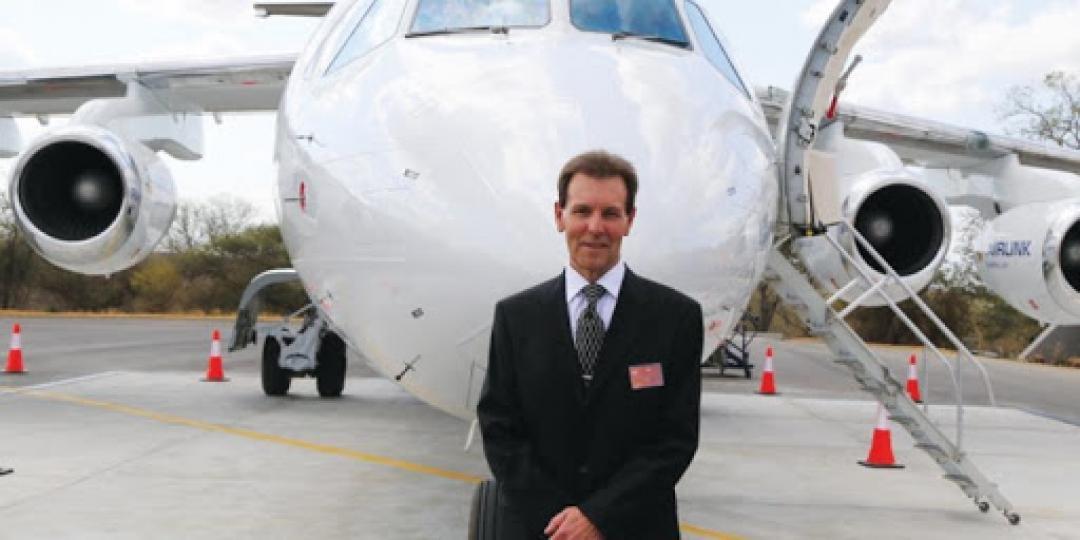There are still major barriers to ensuring affordable regional air connectivity in Africa but the two biggest obstacles are regulatory costs and an enabling regulatory environment.
This was highlighted during a Ministerial and aviation executives Hard Talk panel discussion held at the fifth annual Africa Tourism Leadership Forum 2022 held in Gaborone, Botswana, this week.
Convened by Africa Tourism Partners, supported by the United Nations World Tourism Organzation (UNWTO) and advisory company BDO, the three-day conference (October 24 to 26) focused heavily on growing intra-Africa travel to build continental resilience and reduce dependency on purely international source markets.
While it was agreed that air connectivity was crucial to growing the African continent’s economy, MD and CEO of regional independent airline, Airlink, Rodger Foster, pointed out that before connectivity could be increased, it was necessary to address some of the barriers to ensure sustainability, viability and reliability of airlines.
He said many airlines were not sustainable long before the COVID-19 pandemic. “The impact of COVID, in many cases, simply hastened their demise.
“Reliability is key, sustainability must be bankable and viable. Only once airlines have achieved that can they look at introducing new routes.”
Operating environment
Sandile Chipunza Cato, Iata Manager External Affairs and Sustainability for Africa and the Middle East, agreed, highlighting that the operating environment for airlines on the continent was the most challenging of all other global regions.
“The airport taxes and other regulatory costs, plus fuel and infrastructure charges, do need to be looked at to ensure that long-term sustainability and elasticity that is crucial to carriers’ survival,” he said.
Deputy Minister of Tourism, Amos ‘Fish’ Mahlalela, concurred that costs, including landing fees, were very high, which led to high airfares.
“We unfortunately rely on other government departments to address some of these barriers and we are in touch with the Department of Transport concerning this very issue,” he said.
National carriers or equal playing field?
While Mahlalela strongly advocated for governments to support their national carriers and ensure their sustainability, Foster commented that governments had “an absolute responsibility and role to play in fostering competition as opposed to creating a playing field that is not level”.
“Supporting one carrier through the fiscus does not create an equal playing field.”
Foster pointed out that Airlink had a strong relationship with national carrier, Air Botswana, for example.
“We collaborate on key routes to ensure we best serve our customers’ connectivity needs.”
Enabling regulatory framework
Foster further pointed out that governments needed to reduce regulations and simplify air access.
“Why is it so difficult to apply for a foreign operator’s licence? Especially if that airline has already been cleared by the International Civil Aviation Organization?”
Foster said every African country had its own set of regulations around operating licences, querying: “Why don’t we accept global protocols and harmonise protocols on the continent? That would go a long way towards improving connectivity.”






















